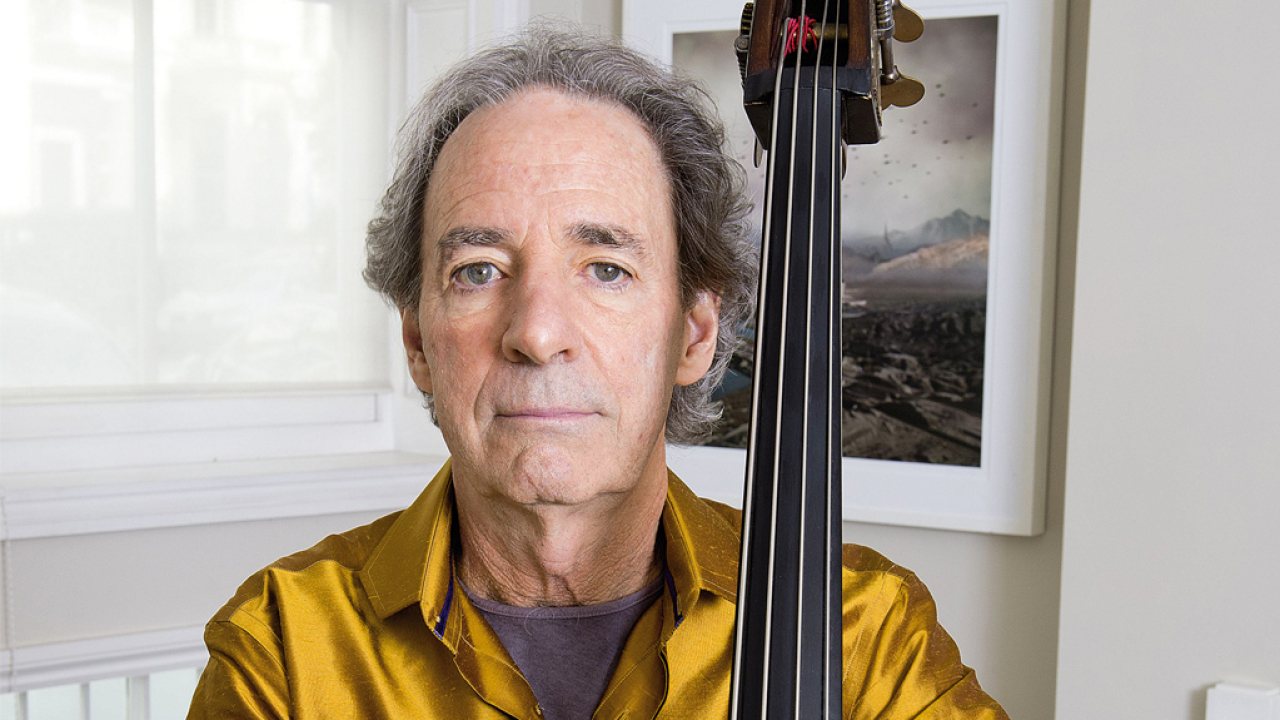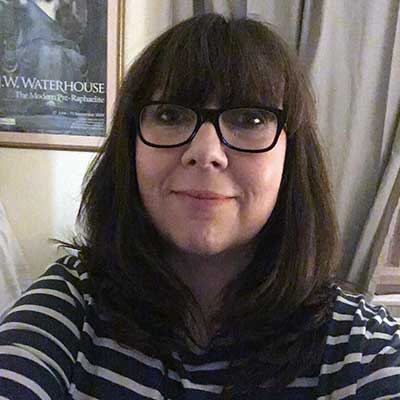You were born in the US to immigrant Jews. How did that upbringing shape you?
It gave me an insider/outsider dichotomy. My parents were learning about the US while I was, which led me to reading a lot of things that people wouldn’t ordinarily read – trade magazines that tell the truth rather than putting a nice smiley face on everything. Being Europeans, they also taught me about the value of moderation, which meant I survived the rock’n’roll years.
Who were your comedy influences?
I loved The Goons. Then there were three other major influences: Bob and Ray who were spectacular, and they were on the radio every day; Stan Freberg who made these amazing records that were so adept and so sharp; and there was Tom Lehrer who wrote really brilliantly original satirical songs. A little later on it was Peter Cook and Dudley Moore.
In the sixties you met Michael McKean in the LA sketch troupe Credibility Gap
It was at rock’n’roll radio station KRLA 1100, and we were ostensibly the news department doing three sketches a day, each ten minutes long. We weren’t the focus of the station at all, but the listener response was so great it made the DJs really pissed off. So they responded by cutting us down to three three-minute shows and then firing us.
Later you got invited to join Saturday Night Live
That was no inspiration. It was hell on earth. Horrible, horrible, horrible experience. I worked with some good people though, like Paul Shaffer who was in Tap, and who became famous as the bandleader on The Late Show With David Letterman.
Spinal Tap had to come from a real love of music
In the sixties I fell in love with rock’n’roll. It totally changed my musical approach as a listener. In 1968 I went to England and bought records there that I couldn’t get in the States, like The Move, The Kinks, early Who. As the metal stuff started proliferating, a lot of it struck us as prime for satire. Tap came from trying to make up the silliest band we could for a piss-taking TV pilot. When we stopped shooting, we thought: “Could we do more with these guys?”
You satirise politics over the airwaves on Le Show. Which politicians have given you the most mileage?
George W Bush was brilliant for that. And when Reagan was in office I had a field day. Then there’s Obama: the gaping chasm between the expectations that he elicited in people and his performance ensures really good material. The characters we have in politics now are so smoothed-out and television-safe.
When you take on a new project, who gives you motivation?
My wife Judith [Owen]. She’s a singer-songwriter and she understands the creative process and the frustrations. Then there’s the people I’ve collaborated with. You get inspired by working with great people.
You run your own label, Courgette. Was that inspired by the vegetable down the front of Derek Smalls’s trousers?
Of course it was! But it’s transmogrified into a label called Twanky.
Like Widow Twanky, from the panto Aladdin?
Yes. And the record company slogan is ‘We’re Behind You’.
How do you feel about being an influence?
I think nothing is funnier than real human behaviour, and so I just try to be a really good observer and then depict it as accurately as I can.
If you could live by an inspirational quote, what would it be?
‘Have a good time, all the time.’ You can’t beat that.

